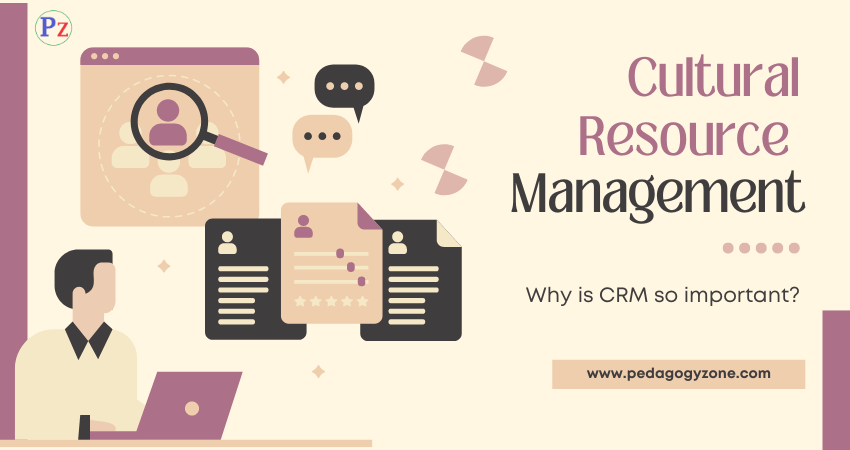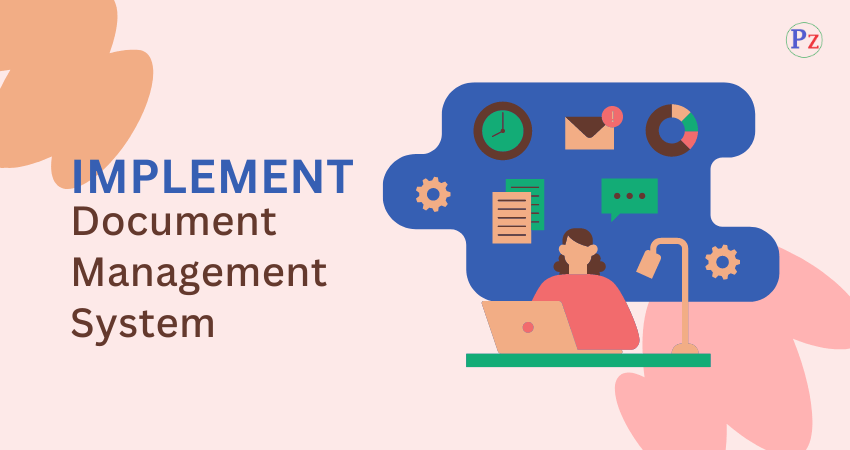The primary objectives of human resource management HRM is to ensure the availability of competent and willing workforce to an organization. The specific objectives include the following:
Human capital : assisting the organization in obtaining the right number and types of employees to fulfill its strategic and operational goals
Developing organizational climate: helping to create a climate in which employees are encouraged to develop and utilize their skills to the fullest and to employ the skills and abilities of the workforce efficiently
Helping to maintain performance standards and increase productivity through effective job design; providing adequate orientation, training and development; providing performance-related feedback; and ensuring effective two-way communication.
Helping to establish and maintain a harmonious employer/employee relationship
Helping to create and maintain a safe and healthy work environment
Developing programs to meet the economic, psychological, and social needs of the employees and helping the organization to retain the productive employees
Ensuring that the organization is in compliance with provincial/territorial and federal laws affecting the workplace (such as human rights, employment equity, occupational health and safety, employment standards, and labour relations legislation). To help the organization to reach its goals
To provide organization with well-trained and well-motivated employees
To increase the employees satisfaction and self-actualization
To develop and maintain the quality of work life
To communicate HR policies to all employees.
To help maintain ethical polices and behavior.
The above stated HRM objectives can be summarized under four specific objectives: societal, organizational, and functional and personnel.

Societal Objectives: seek to ensure that the organization becomes socially responsible to the needs and challenges of the society while minimizing the negative impact of such demands upon the organization. The failure of the organizations to use their resources for the society’s benefit in ethical ways may lead to restriction.
Organizational Objectives: it recognizes the role of HRM in bringing about organizational effectiveness. It makes sure that HRM is not a standalone department, but rather a means to assist the organization with its primary objectives. The HR department exists to serve the rest of the organization.
Functional Objectives: is to maintain the department’s contribution at a level appropriate to the organization’s needs. Human resources are to be adjusted to suit the organization’s demands. The department’s value should not become too expensive at the cost of the organization it serves.
Personnel Objectives: it is to assist employees in achieving their personal goals, at least as far as these goals enhance the individual’s contribution to the organization. Personal objectives of employees must be met if they are to be maintained, retained and motivated. Otherwise employee performance and satisfaction may decline giving rise to employee turnover.
HRM Objectives and Functions
| Human Resource Management Objectives | Supporting Functions |
| Societal Objectives |
|
| Organizational Objectives |
|
| Functional Objectives |
|
| Personal Objectives |
|




